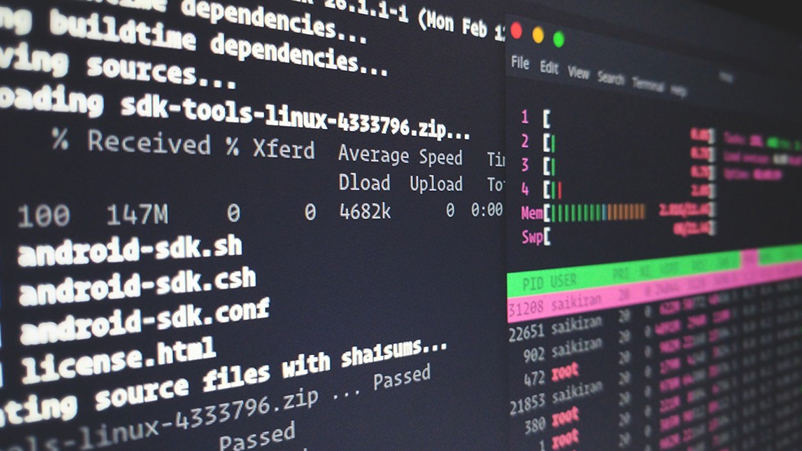Web browsers vs new independent gatekeepers: the emerging ad challenge
Since its inception over 25 years ago, the web browser has dictated how we access the internet. But as users want more control and transparency over how their information is being used, there are calls for new, independent gatekeepers to be introduced in the hopes of creating a more neutral ecosystem when collecting advertising-related data.
Key points
- Browsers are sources of both supply and demand and hold the key to user data
- Many browsers have strong commercial interests and are far from independent
- The introduction of third-party gatekeepers will allow users to maintain the same browsing experience while increasing privacy protections. The two don’t have to be mutually exclusive.
Believe it or not, we all have a relationship with browsers and they know us more than most people think. Anyone who has access to your web browser can know everything from your location, income and what you had for dinner last night.
So, using independent third-party gatekeepers of the ads process isn’t a radical idea.
Today, browsers are proposing a one-sided view of privacy rather than any cross-industry approach. The browser proposals being discussed within the W3C also jeopardise the value exchanges that power the internet.
But what the digital advertising industry needs most is a way to align with the privacy-focused online experiences users expect, and the performance needs of advertisers and publishers.
Replacing the browser with a gatekeeper in the advertising decision-making process would protect and anonymise campaign-level data on users, ensuring that the ad ecosystem never has access to users’ personal information.
But if browsers start handling the bid requests, they’ll need to download all the digital assets required for potential advertisements and process significantly more data, slowing page load times and draining users’ batteries across devices. A gatekeeper would store the assets needed for displaying ads, removing the burden from users’ devices.
Any independent gatekeeper must be neutral and not coordinate with others in the ecosystem. This could be a third-party like a cloud service provider or SSP, given their existing technological infrastructures and pre-existing integrations with publishers, acting as an intermediary with the advertiser.
There will most likely be multiple gatekeepers. Ultimately the industry participants should have choice as to who should be their gatekeeper, with transparency and adherence to the principles of operation being key.
Gatekeepers should be audited regularly by cross-industry bodies. Unlike browsers, they would need to ensure they do not re-use any user data, which could be safeguarded through a dedicated governance.
Author Eli Pariser says, “While it’s sometimes convenient to see only what you want to see, it’s critical at other times that you see things that you don’t.” Browsers can no longer call the shots. It all starts with the creation of an independent, third-party gatekeeper.








